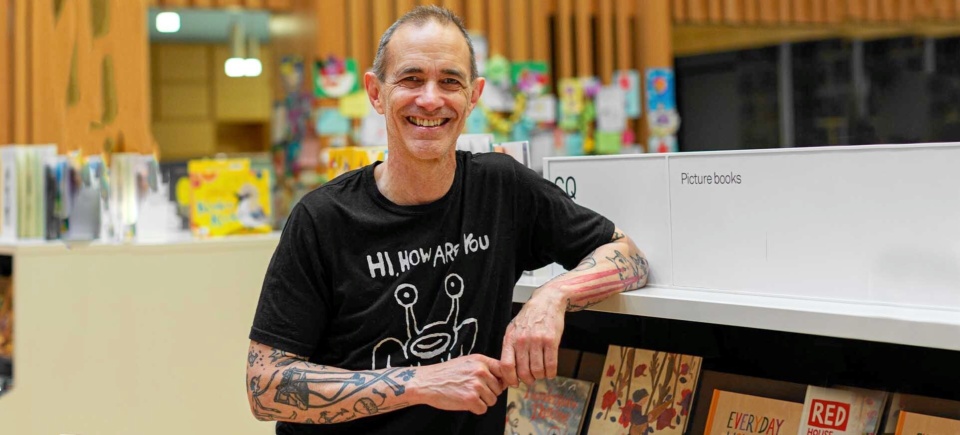
The king of literary silliness becomes Australia’s Children’s Laureate
Posted on 25 Feb 2026
Author Andy Griffiths has spent 30 years bringing “punk rock” to children’s books, making kids…
Posted on 03 Sep 2024
By Greg Thom, journalist, Institute of Community Directors Australia

Ever since she migrated from India as a child, Sunita Gloster, the recently appointed chair of Diversity Council Australia, has been a passionate advocate for multiculturalism and inclusion.
Together with my parents, I immigrated to Australia from Bombay, India, in 1974.
Our journey was a commitment to Gough Whitlam’s vision for a multicultural Australia and we came to play our part in helping to build that dream.
My parents’ promise was a better life for their four-year-old daughter and the family they hoped to build on.
It was the first year after the White Australia Policy on immigration and citizenship had ended and our early days were all about assimilation. We were blessed to settle in the town of Mount Gambier in South Australia, whose community embraced us and enabled us to build our new life in Australia. Both my parents still live there.
Having completed my tertiary education in South Australia, I began a career in advertising and marketing; I’ve had a lifelong passion to see business and commercial decisions through the lens of the customer.
I have enjoyed a 30-plus-year career in executive roles in Australia and internationally and have been humbled to be awarded and recognised for my contributions, including recognition as a Member of the Order of Australia in 2023.
My core discipline of marketing is one that shapes attitudes and behaviours at scale. At the heart of my skills is the belief that creativity has an enormous capacity to be a catalyst for change. It can make people think and behave differently, and with that comes great responsibility.
Knowing how brands go to market and how they use creativity to shape their messaging and media can influence the dismantling of inequalities, and this is what makes a career in advertising really very special.
Today, I am a non-executive director for the UN Global Network Compact Australia, which is the sustainability arm of the UN, and for Maurice Blackburn Lawyers. I am also the chair of Diversity Council Australia (DCA) and a senior advisor at Accenture Australia.
There’s a phrase coined by Cindy Gallop, an advertising legend who is now an innovator and entrepreneur, which is that a fish doesn’t know what water is. Working in marketing, advertising and business in the 1990s and early 2000s, I was that fish.
No one seemed to question the lack of diversity in our ranks. However, challenging the status quo is a core aspect of my professional skills and it was a natural evolution. Thanks to a combination of age, maturity, experience and influence, I began to use my voice to ask broader questions, to agitate and coalesce groups of people to push for reflection and change.
Australia has one of the most culturally diverse populations in the world. One in four Australians were born overseas, one in two have one parent who was born overseas, and nearly 20 per cent speak a language other than English at home. Yet our marketing and media industry in particular is one of the least diverse. The link between who we are and what we create needs constant scrutiny.
That’s what challenging the status quo is about. Equality and diversity within our ranks are now essential ingredients that enable the profession to prevent harmful stereotypes and bias from perpetuating.
As a veteran of the industry, I now use my voice to question and keep the floodlights on any imbalances within our makeup and point out that they are at best commercially negligent and at worst destructive.

"Unchallenged, harmful stereotypes are a root cause of discrimination and inequality. Cultural shifts in attitudes are the key to changing behaviour and the systems that perpetuate society’s inequalities. "
My career is anchored in an industry that stands tall in its reputation as a growth driver and influencer of culture. As a profession, we are trained to listen to the voice of the customer and observe their experiences.
Unchallenged, harmful stereotypes are a root cause of discrimination and inequality. Cultural shifts in attitudes are the key to changing behaviour and the systems that perpetuate society’s inequalities.
That’s what the advertising and marketing sector does. Our dime is earned in changing attitudes and behaviours. I take that responsibility and my learning from my corporate career seriously.
The opportunity is to lead the way to acknowledge, accelerate and improve the status and security of everyone who makes up our multicultural nation. To create a society where everyone can be heard, feel safe and participate to their full potential.
Through a rigorous and evidence-led approach, DCA enables Australian workplaces to be more courageous, empathetic, and pragmatic to create environments where all employees can participate to their full potential.
Critically, DCA’s Inclusion@Work index, which maps the state of inclusion in the Australian workforce, consistently shows that inclusive organisations simply perform better. They’re up to 25 per cent more profitable, nearly ten times more likely to be innovative and four times more likely to provide good customer service.
The influence of DCA and its members to shape an inclusive Australian society that drives Australia’s growth engine is incredibly significant.
I am delighted to be joining a collegiate board that together brings their lived experience, their executive reach and skills, their demonstrable care and passion, their connections, and their relentless commitment to the purpose of DCA to govern, to support, to stretch and to enable Lisa Annese, our CEO, and her team to continue to deliver the support our members are asking for and need to create diverse and inclusive workplaces.
As chair, I look forward to not only bringing my skills, but evolving my understanding and expertise in this area to enable DCA to continue playing its role in shaping Australian workplaces and society to be more diverse and inclusive.

Posted on 25 Feb 2026
Author Andy Griffiths has spent 30 years bringing “punk rock” to children’s books, making kids…

Posted on 18 Feb 2026
When Nyiyaparli woman Jahna Cedar travels to New York next month as part of the Australian…

Posted on 11 Feb 2026
Rev. Salesi Faupula is the Uniting Church’s moderator for the synod of Victoria and Tasmania. Born…
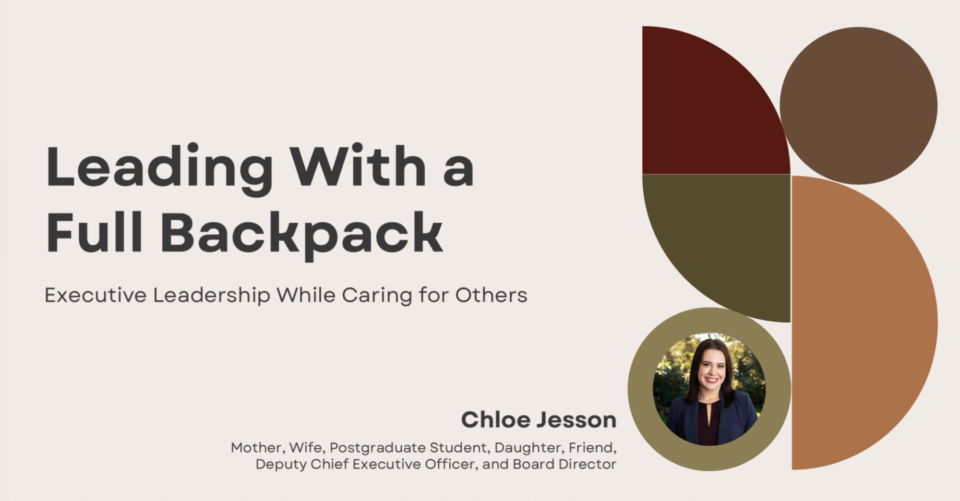
Posted on 04 Feb 2026
At the Third Sector leadership conference in Sydney last year, Queensland health executive Chloe…

Posted on 28 Jan 2026
French-Canadian Jimmy Pelletier, who lives with paraplegia, is six and a half months into a…
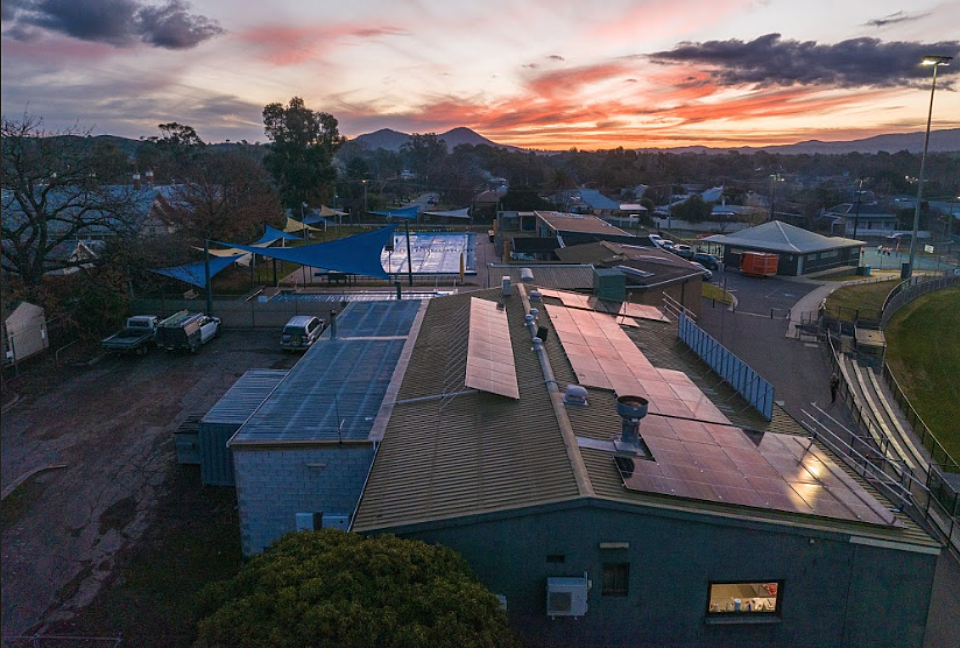
Posted on 16 Dec 2025
Lex Lynch spent more than two decades in the climate change and renewables field before last year…
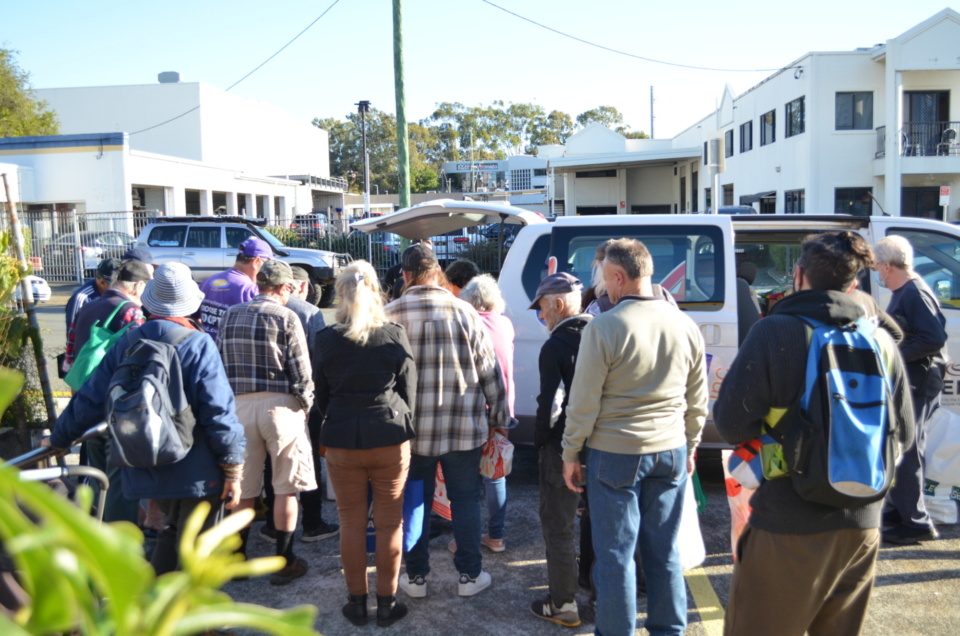
Posted on 10 Dec 2025
A long-time advocate for rough sleepers in northern New South Wales has been named her state’s…

Posted on 03 Dec 2025
Emma-Kate Rose is the co-CEO of Food Connect Foundation, working with communities to support the…
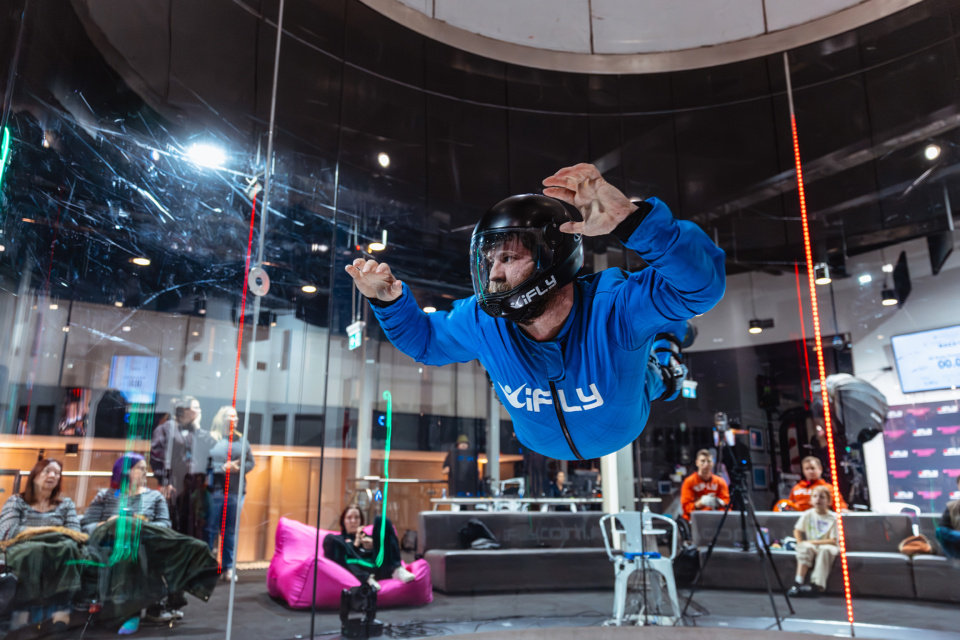
Posted on 26 Nov 2025
Next Wednesday, December 3, All Abilities ambassador Greg Pinson will be celebrating the…
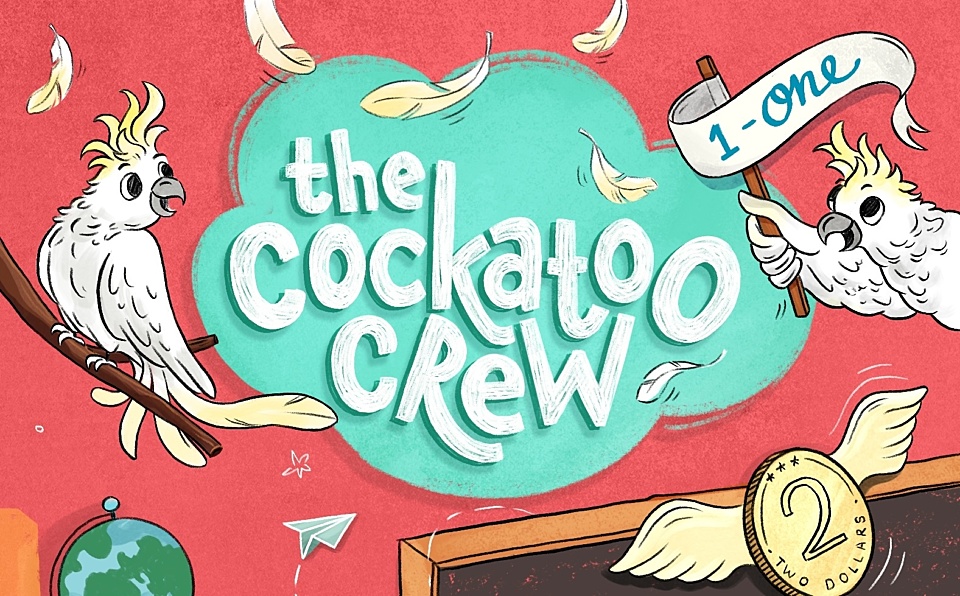
Posted on 19 Nov 2025
Lora Inak is the author of the Cockatoo Crew books, a new children’s fiction series (illustrated by…

Posted on 11 Nov 2025
Project Manta, a long-running scientific study that includes a citizen scientist component, is…

Posted on 04 Nov 2025
Diamando Koutsellis is the CEO of the not-for-profit Australian Ceramics Association, as well as a…